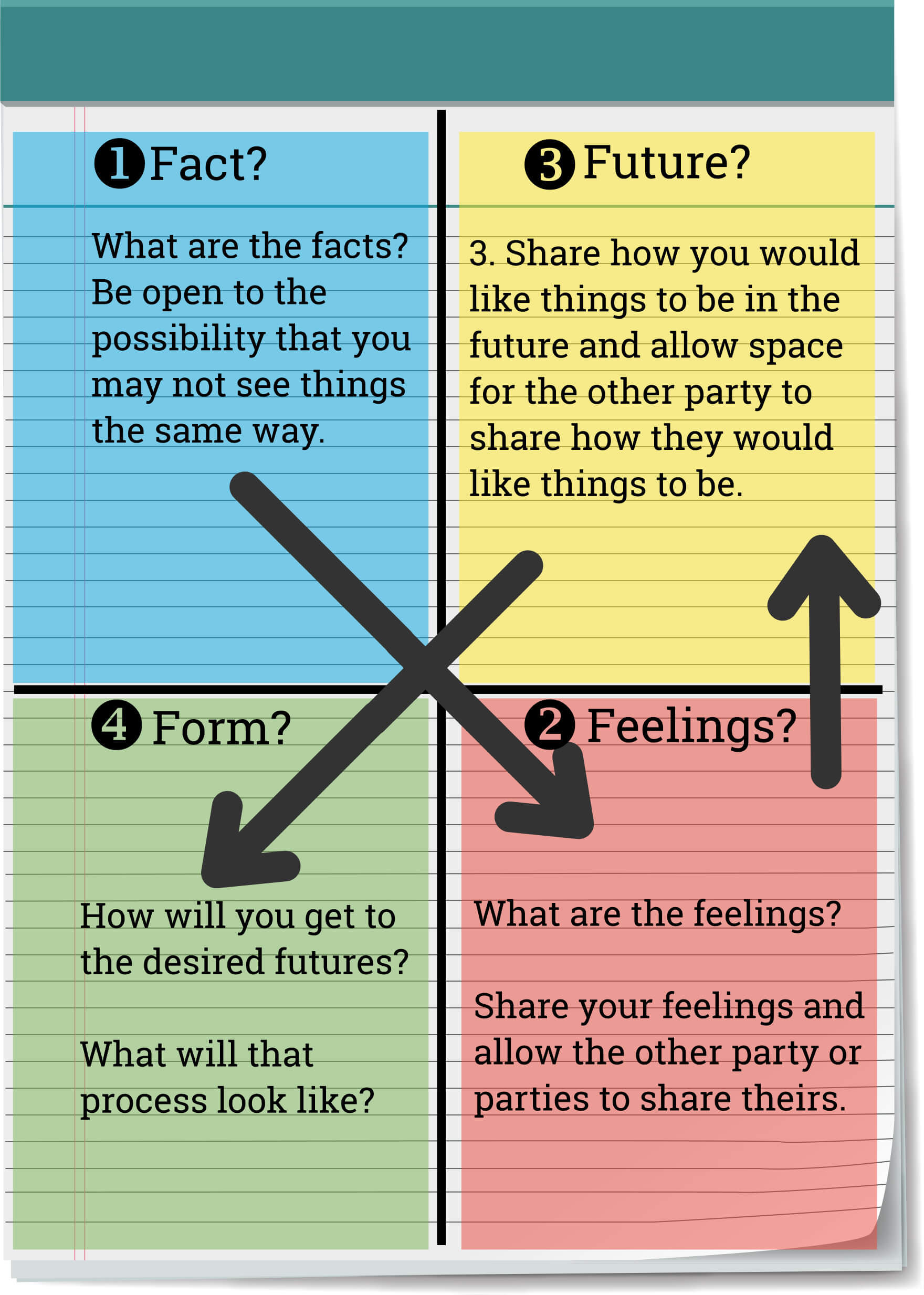
Understanding Conflict Resolution
Definition of Conflict
Conflict can be defined as a disagreement or clash between individuals or groups, arising from differing needs, values, or goals. It’s important to recognize that conflict is a natural part of human relationships. For example, two friends might have conflicting opinions about how to spend their weekend—one prefers hiking, while the other leans toward lounging at home.
Importance of Handling Conflicts
Handling conflicts effectively is crucial for maintaining healthy relationships. If ignored, conflicts can escalate into more serious issues that might damage bonds. Here’s why conflict resolution matters:
- Promotes Understanding: Working through conflicts leads to better communication and understanding.
- Strengthens Relationships: Resolving conflicts can enhance trust and respect.
- Encourages Growth: Challenges often spur personal and relational growth.
Ultimately, mastering conflict resolution can lead to stronger connections and a more positive environment for everyone involved.
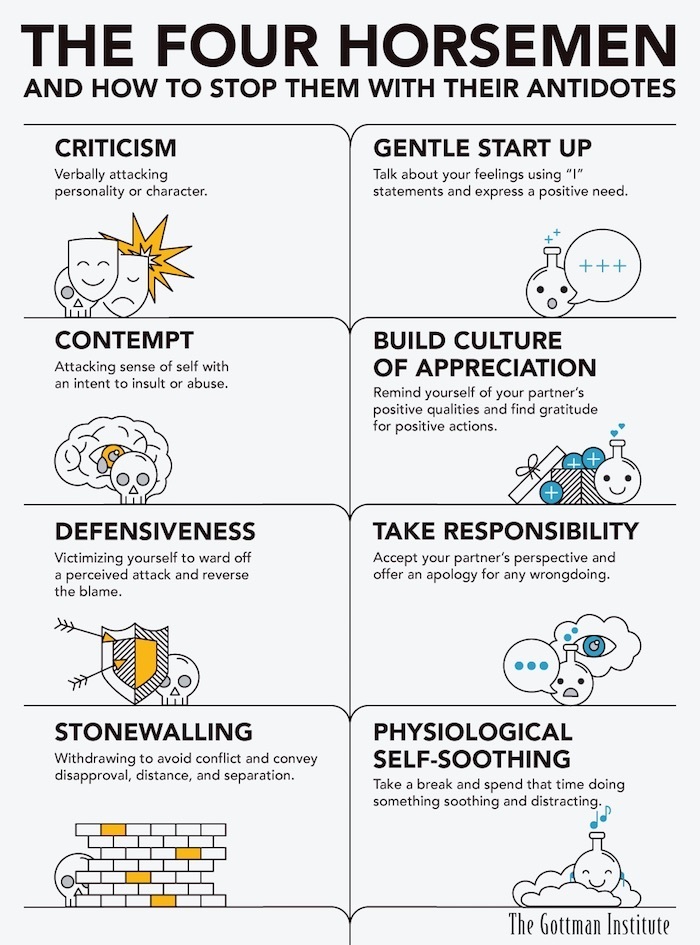
Common Causes of Relationship Conflicts
Communication Issues
One of the primary causes of relationship conflicts is poor communication. Often, partners may misinterpret each other’s words or intentions. For instance, if one partner is feeling overwhelmed and snaps during a conversation, the other might perceive it as personal criticism rather than an expression of stress.
Trust Problems
Trust issues can also fuel conflicts. When trust is broken—whether through infidelity or dishonesty—resolving the underlying issues can be challenging. One partner might constantly feel insecure, leading to jealousy and accusations, which further complicates the relationship dynamic.
Differences in Values or Priorities
Additionally, differing values or priorities can lead to conflicts. For example, one partner may prioritize career advancement while the other values family time. These differences can create rifts if not addressed openly.
Ultimately, recognizing these common causes is the first step toward finding resolution.
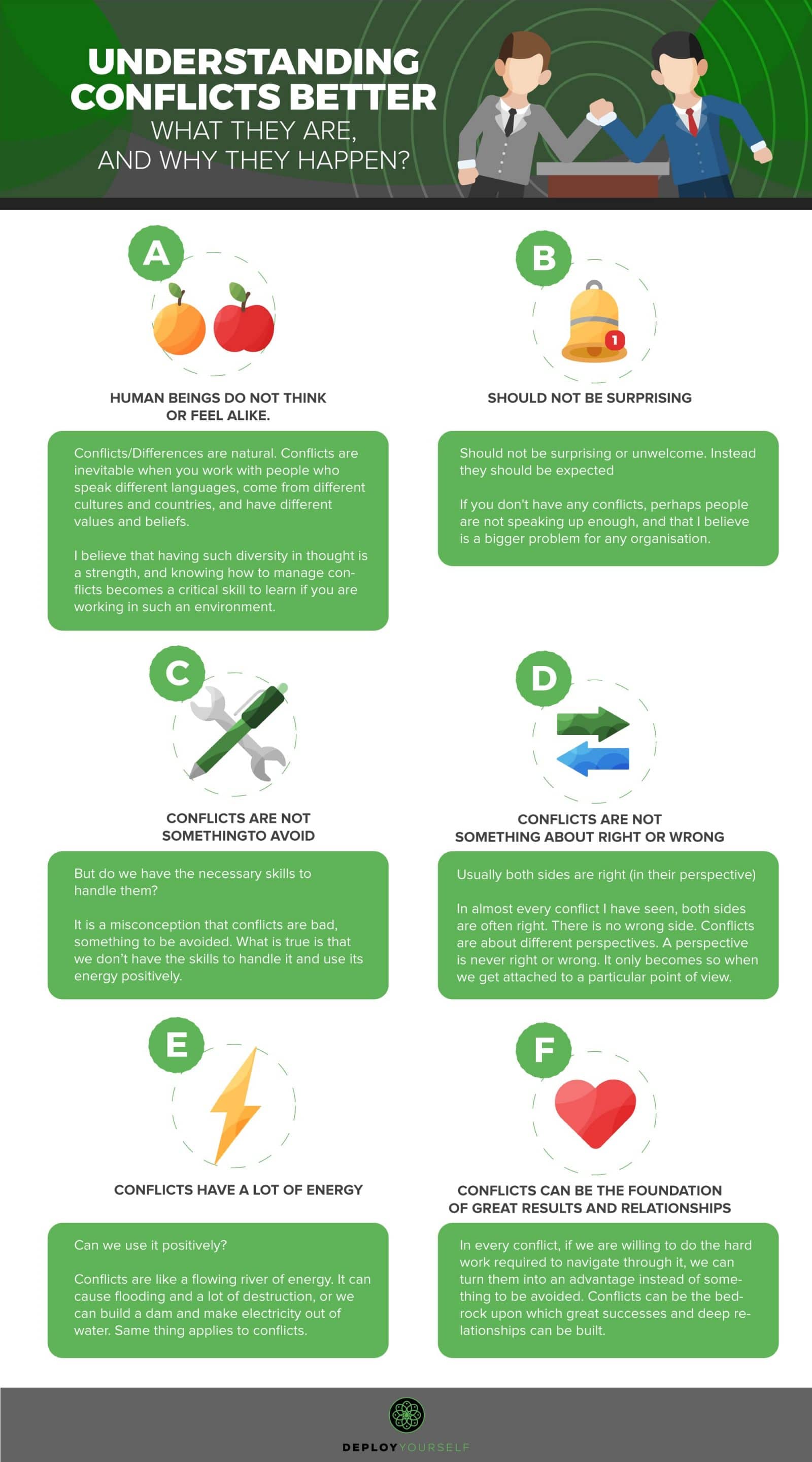
Effective Communication Techniques
Active Listening
To resolve conflicts effectively, mastering active listening is essential. This technique involves fully concentrating on the speaker, understanding their message, and responding thoughtfully. For example, during a disagreement, instead of just waiting to speak, one can nod and paraphrase back what the partner said to demonstrate understanding.
Use of I Statements
Another powerful tool is the use of “I statements.” This approach allows individuals to express their feelings without placing blame. Instead of saying, “You never listen to me,” one might say, “I feel unheard when you look at your phone while I’m speaking.” This format reduces defensiveness and encourages open dialogue.
Nonverbal Communication Cues
Finally, paying attention to nonverbal communication cues, such as facial expressions and body language, is crucial. These cues often convey emotions more genuinely than words. Being mindful of these signals can foster a deeper connection and understanding, paving the way for a more constructive conflict resolution process.

Strategies for Healthy Conflict Resolution
Identifying Triggers and Patterns
Building upon effective communication, one vital strategy for healthy conflict resolution is identifying triggers and patterns. This involves recognizing specific behaviors or situations that spark disagreements. For instance, if arguments consistently arise during late-night discussions, it might be worth addressing this pattern by choosing a better time to talk.
Seeking Compromise
Next, seeking compromise is essential. It’s about finding middle ground where both parties feel heard and valued. For example, if one partner wants to go out for dinner and the other prefers cooking at home, they could alternate plans each week. This approach not only resolves the immediate conflict but also fosters cooperation.
Setting Boundaries
Lastly, setting boundaries is crucial for maintaining respect. Clearly communicating what is acceptable and what isn’t helps prevent misunderstandings. Whether it’s agreeing not to raise voices during disagreements or designating “quiet time” for reflection, boundaries ensure that both partners feel safe and respected during discussions. These strategies collectively empower individuals to handle conflicts in healthier, more constructive ways.
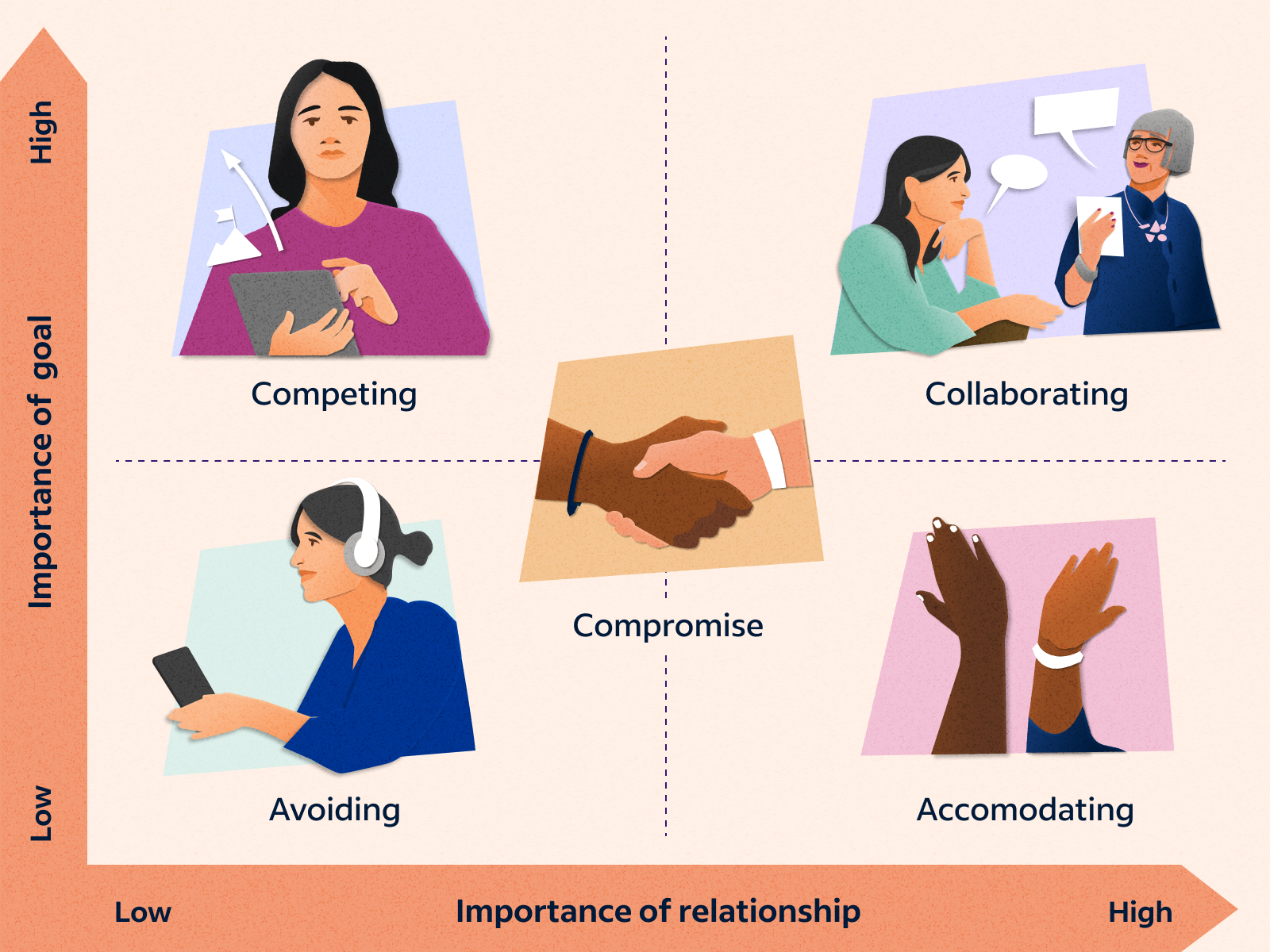
Seeking External Support
Relationship Counseling
Sometimes, despite best efforts, conflicts can become overwhelming. This is where seeking external support becomes invaluable. Relationship counseling offers couples a safe space to discuss their issues with the help of a trained professional. For instance, many couples find that a neutral third-party perspective can illuminate overlooked aspects of their relationship.
Individual Therapy
In addition to counseling, individual therapy can also be beneficial. Engaging in personal therapy allows individuals to explore their emotions and triggers, leading to healthier relationship dynamics. For example, one partner may uncover unresolved issues affecting their behavior during conflicts, enabling them to approach disagreements with a fresh perspective.
Mediation Services
Lastly, mediation services provide structured environments for resolving disputes. A mediator facilitates communication, helping both parties express their needs while steering discussions toward productive solutions. This support can be particularly useful for couples facing significant decisions, such as co-parenting or managing shared finances. By seeking external support, partners can navigate conflicts more effectively and lay the groundwork for lasting resolution.

Importance of Self-Care in Conflict Resolution
Managing Stress and Emotions
As conflicts arise, managing stress and emotions becomes essential in maintaining clarity and composure. Engaging in self-care practices, such as mindfulness or exercise, can help individuals process their feelings more effectively. For instance, taking a brisk walk before discussing a heated issue allows for calming and thoughtful reflection.
Prioritizing Mental Health
Prioritizing mental health is another critical aspect. When individuals are in a mentally healthy state, they are more likely to approach conflicts with patience and empathy. Regular self-care routines—such as therapy, journaling, or simply enjoying downtime—can enhance emotional resilience, enabling better conflict resolution.
Balancing Personal Needs
Finally, balancing personal needs with those of a partner is essential. Each person should recognize and articulate their own needs within a relationship, ensuring that no one feels neglected or overwhelmed. This balance not only fosters individual growth but strengthens the relationship overall, as both partners feel valued and understood. Emphasizing self-care ultimately leads to healthier, more constructive approaches to resolving conflicts.
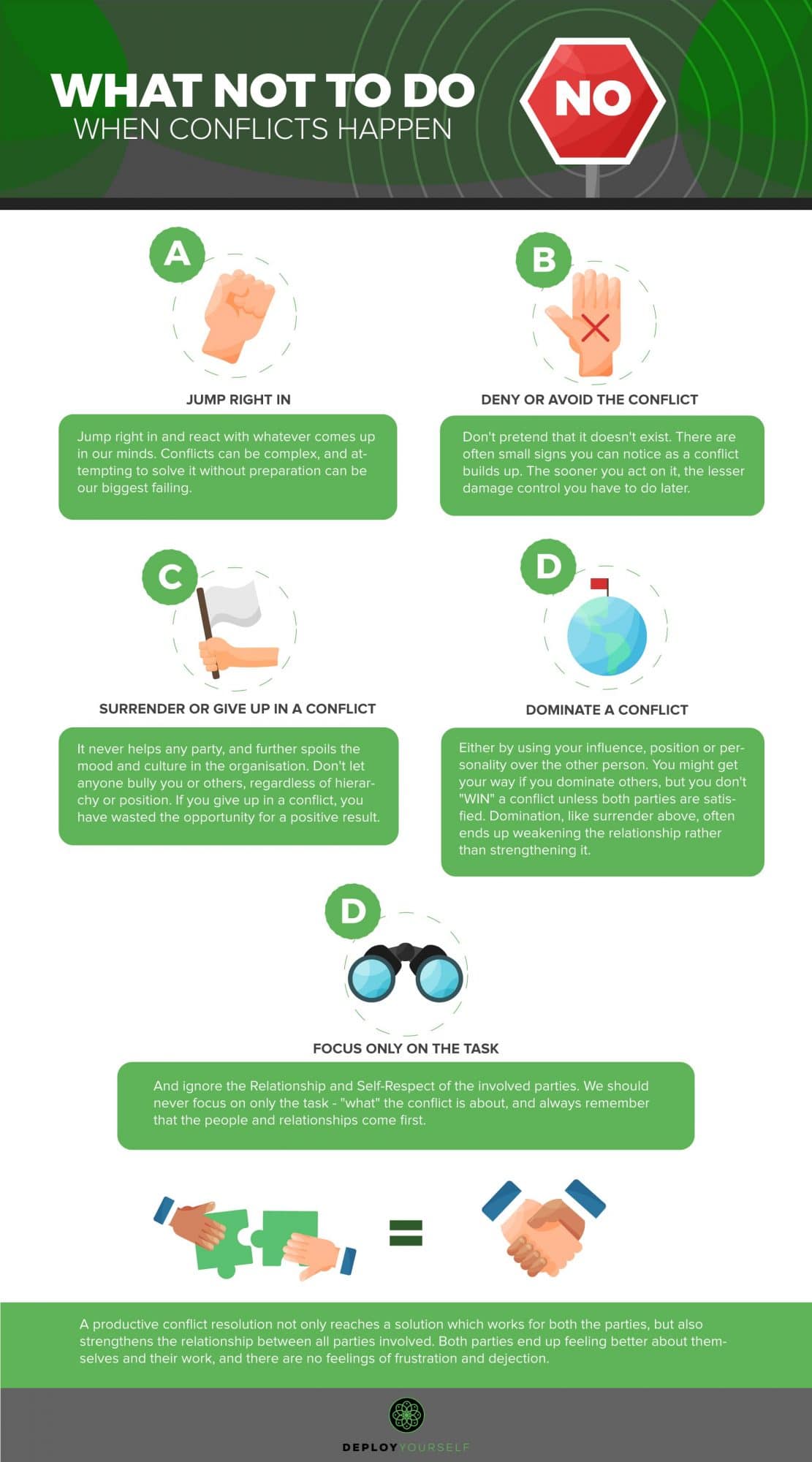
Understanding When to Seek Help
Signs of Toxic Relationships
Recognizing when to seek help is crucial, especially when identifying signs of toxic relationships. Patterns of manipulation, consistent disrespect, or lack of support often indicate underlying issues. For instance, if one partner frequently belittles the other’s accomplishments, it may signal a deeper problem that necessitates professional guidance.
Impact of Unresolved Conflicts
Additionally, the impact of unresolved conflicts can severely strain relationships. Persistently ignoring disagreements can lead to resentment, emotional distance, and even increased anxiety. A friend once shared how harboring unresolved issues led to outbursts that jeopardized her relationship, ultimately motivating her to seek counseling.
Knowing Your Limits
Finally, knowing your limits is essential in recognizing when help is needed. If feelings of frustration or helplessness become routine, it’s time to reassess the situation. Setting boundaries and understanding personal emotional thresholds can guide individuals toward seeking support, whether through friends, therapy, or mediation. Ultimately, acknowledging these signs fosters healthier relationships and personal well-being.

Conclusion and Recap
Summary of Strategies
In recap, effective conflict resolution combines several strategies to foster healthier relationships. Key techniques include:
- Active Listening: Ensures both partners feel heard.
- I Statements: Reduces blame and promotes understanding.
- Setting Boundaries: Clarifies expectations and respect.
- Seeking Help: Whether through counseling, therapy, or mediation, outside support can provide valuable perspectives.
By integrating these methods, partners can navigate conflicts more constructively.
Long-Term Relationship Maintenance
For long-term relationship maintenance, continuous communication and self-care are vital. Regularly checking in on each other’s emotional health can help prevent resentments from building. For example, scheduling weekly catch-ups can provide a platform for discussing feelings and addressing any concerns.
Ultimately, prioritizing the relationship through trust, understanding, and self-awareness lays a strong foundation for enduring love and companionship. With these strategies in place, couples can not only resolve conflicts but also strengthen their bond over time.
